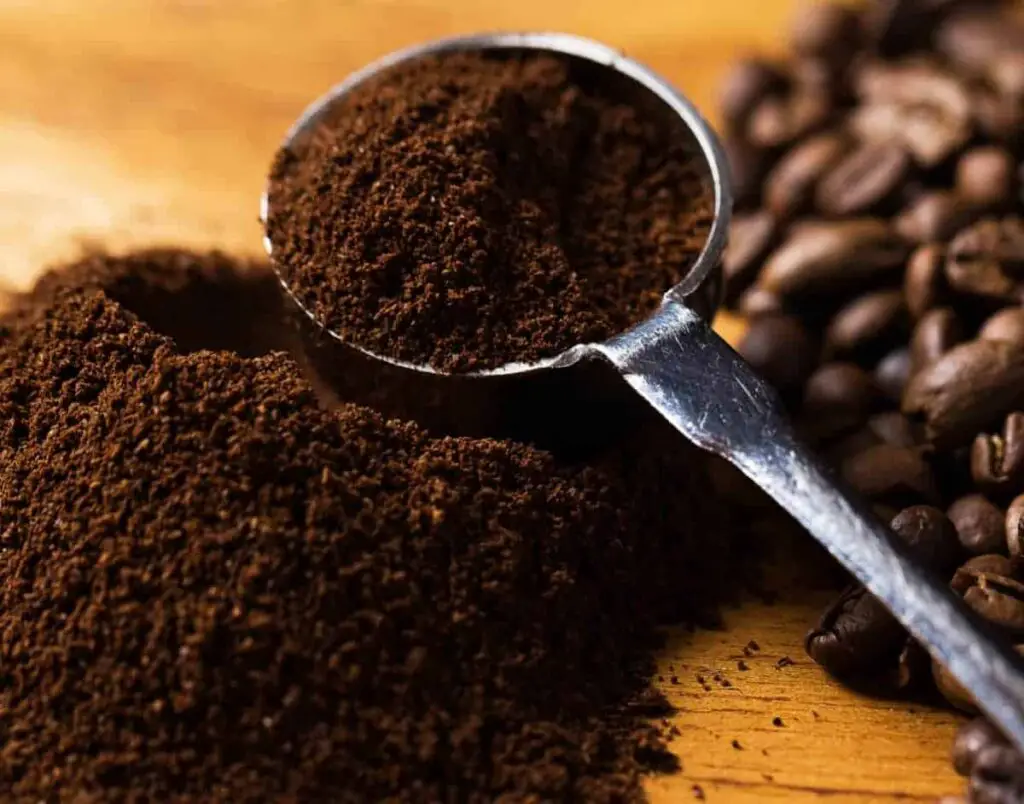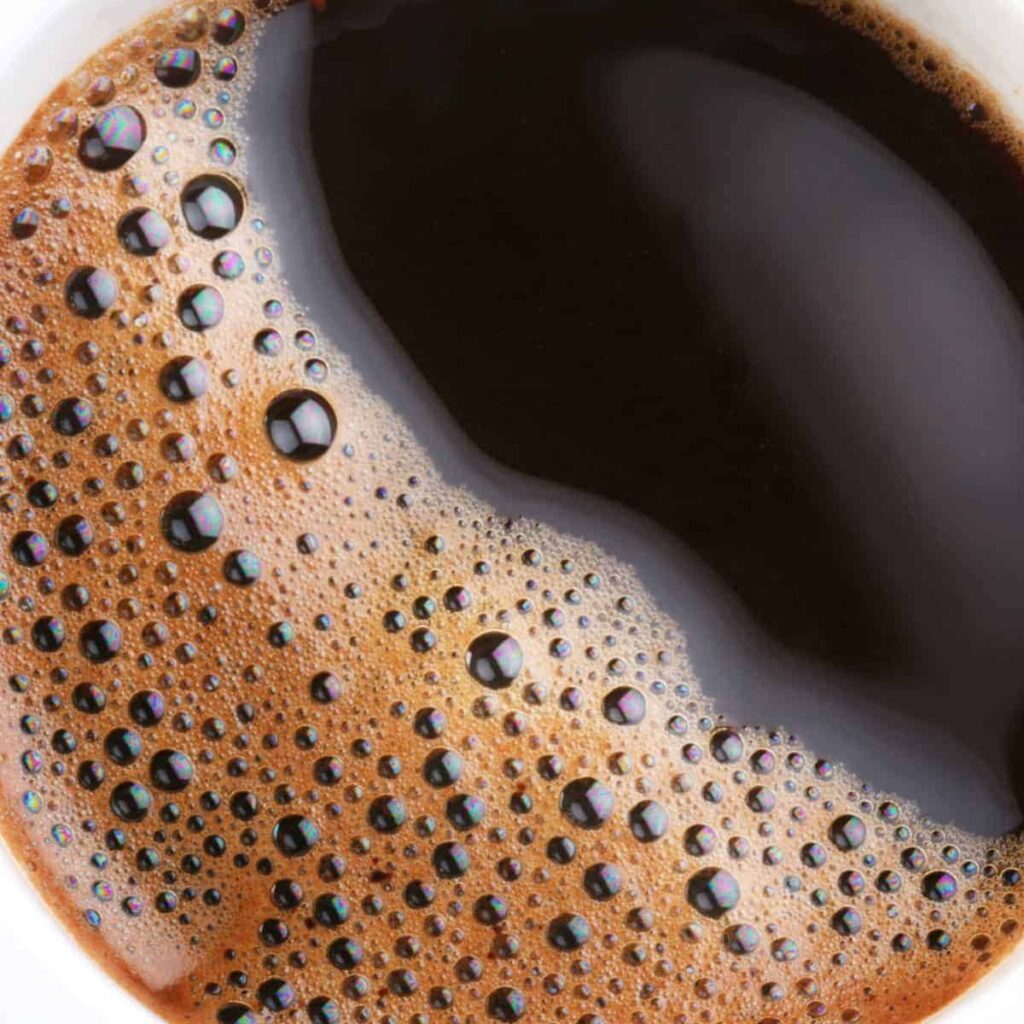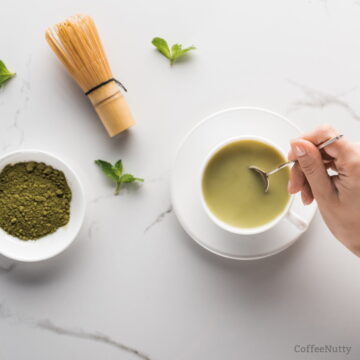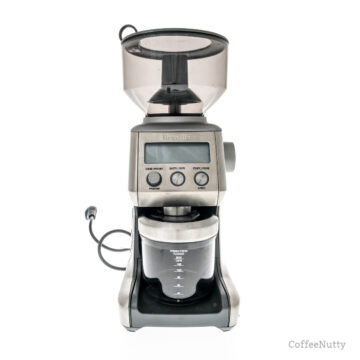If you have been in a grocery store in the last few years, or better yet, a Starbucks, you have seen prepackaged packets of instant coffee of all assortments and flavors. If you have been on social media in the last year, you have probably seen dalgona whipped coffee, the trendy, and hyperactivity inducing instant coffee creation that everyone loves. Whether you have TikTok’ed your coffee creation, or just skip the brewer in the morning and grab a pocket-sized packet of dark roast, instant coffee is ultra-popular and a staple in households everywhere.
One issue instant coffee lovers often face is that their beloved roast of choice has gone hard. Moisture can cause your instant coffee to harden. When clumps moisten and then dry back out eventually, your instant coffee is left chunky and hard. But, you can prevent that from happening and keep your instant brew flavorful, airy, and soft.
Below are some ways to keep your instant coffee from hardening, as well as tips to avoid other less-than-ideal problems from occurring. Nothing is worse than a bland cup of joe in the morning!

Why Does Your Coffee Go Hard?
Moisture can play a negative role in both the flavor profile and shelf life of your instant coffee.
Moisture can, as with any other perishable food item, create condensation that leads to mold and bacteria growth.
Besides being unsafe, mold growth and moisture can also cause wet clumps of instant coffee to form. While that does not sound that bad, if those large clumps of wet coffee dry out, they become hardened clumps of coffee.
Besides making the coffee less boastful in its flavor profile, it also makes it taste stale.
RELATED: Best Instant Coffee Substitutes
How to Prevent Instant Coffee from Hardening
Knowing what we now know, obviously protecting instant coffee powder from moisture, is the best way to prevent hard coffee.
That is easy to do.
If you live in a drier climate, this will not be an issue at all. As long as the lid is on, you will be in the clear. That is, as long as you don't accidently put a wet spoon in the container.
If you live in a humid environment, it is important to always ensure that the lid is on tight.
Any chance of moisture getting in is evidently bad news for your coffee, but this is a common place, one step preventative measure.
Keeping your coffee in a cool, or at minimum, temperature-controlled environment is also key.
While you do not necessarily want to refrigerate your instant coffee, you also do not want it to get hot. Heat also breeds mold and moisture, so keeping it cool nips the moisture problem in the bud as well.
An airtight container is ideal as well.
Any chance of moist or hot air getting in increases the chances of the coffee hardening, and so eliminating any and all air as much as possible is the goal. Some instant coffee brands come in containers with a one-way valve that does not let air in.
If your favorite brand happens to have this feature, stick with it because an airtight jar will keep your coffee fresh longer.
Get our recommendations for the best containers to store coffee here.
Other Problems that Can Occur with Instant Coffee
Instant coffee is fast, convenient, and boasts a full flavor profile for a cheaper price.
But, it can go bad, like any other coffee, in a multitude of ways. As we have discussed, moisture and temperature fluctuations can be extremely detrimental to your coffee supply.
Beyond that, too much air touching the coffee can be an issue.
While it can expose the coffee to the two aforementioned culprits of mass coffee devastation, it can also negatively affect the flavor of the coffee.
Flavor particles quite literally waft out when the grounds are hit by air, so finding a way to keep it in an airtight container or one-way valve bag is important if you do not want to sacrifice flavor while saving money and having a convenient way to make coffee.
If you do obtain an airtight container and live in an extremely humid climate, it is ideal to keep the coffee in your fridge.
It is not recommended that you put the coffee in the fridge in just any container because the air in there carries the smells and tastes of other food to the coffee.
But, if it is airtight, it can protect from the moisture we know to be detrimental.
And, it is impossible for the temperature in the fridge to fluctuate majorly or get even remotely warm, allowing us to avoid that moisture problem.
Essentially, the cardinal creators of problems your ground coffee can face are temperature, moisture, and air.
If you keep an attentive eye on your supply and work to prevent the big three from reaching your beloved java, you should have a long-lasting batch of instant grounds for many mornings to come.

Interested in best-rated instant coffee? Check out these options on Amazon.
Ways to Repurpose Expired or Ruined Instant Coffee
Sometimes, we forget to close the lid all the way.
Or our lovely roommates leave the instant coffee container too close to the stove. (Really, guys?!)
In the case that our fool-proof recommendations are not implemented (hey, accidents happen,) there is no need to throw that coffee out just yet.
There are a lot of ways to repurpose your coffee.
If it is not expired, but just facing an issue with the flavor profile due to excess moisture or air exposure, you can always bake the coffee into a dessert or mix it into a mocha frosting.
While it obviously would not taste the best as a stand-alone beverage, the lacking flavor profile will likely not be so noticeable when mixed into other ingredients.
If you are a coffee lover, you do not have to throw out the lesser batch. Just bake your favorite flavor into some other yummy snacks!
You can also throw those grounds onto the actual ground and use them as a fertilizer enhancer in your garden.
Reduce, reuse, recycle can most definitely apply to your icky instant coffee, and you can rest assured that something beautiful is growing while you shop for a new roast of coffee.
Spoiled instant coffee can be used around the house, as well.
Mixing them with coconut oil can easily turn them into a natural exfoliating skin scrub in the shower. Or, you can make them do even grimier work and scrub your dishes with them.
Whether they are getting gunk off your skin or your kitchen sink, you do not have to doom them to the trash just yet!
Take Care of Your Instant Coffee
Clearly, coffee hardening is preventable.
Whether you need to invest in a quality designated instant coffee container, pop it in the fridge, or be extra attentive when you place the lid back on, there are a multitude of ways to protect your precious morning concoction. (Or, midnight drink of choice. We are not judging!)
As we have seen, hardened or flavorless coffee is not necessarily a lost cause.
Before you waste it, there are a ton of ways to repurpose the ruined batch in all different areas of your home.
While it may not be ideal to be out of coffee the next time you reach for it, at least a ruined batch will not completely go to waste or be money down the drain.
So, when your instant coffee goes hard, do not panic!
Scrub your dishes with it, keep a watchful eye on the next batch, and you will be good to go!
How to Prevent Instant Coffee From Hardening
By now, you have a good idea how to prevent coffee granules from going hard. The most sensible solution is to avoid moisture, but the good news is there can are several other ways you can ensure fresh grounds.
To recap, these are tips to ensure fresh coffee and delicious coffee grounds that are not stuck together:
- Use coffee prior to expiry date
- Do not allow wet utensils in coffee jar
- Store coffee in a dry place
- Avoid high humidity where you store instant coffee tins
- Use air-tight containers
- Keep coffee in dark places away from direct sunlight
- Look for coffee containers with one-way valves for added freshness protection
FAQs
The most important factor in preventing coffee from going hard in storage containers is by avoiding moisture. Store coffee in a cool, dry location away from sunlight for best results.
Drinking hardened coffee will not hurt you, but it may not offer the same enjoyable experience as a freshly brewed cup. The taste can be quite bitter and unpleasant due to oxidation, which occurs when coffee is exposed to air for an extended period. Additionally, the loss of heat can cause the flavors to become muted or even disappear altogether.It may leave you unsatisfied with its altered flavor profile and reduced caffeine kick.
RELATED:
Pin to your favorite Pinterest board for later!





